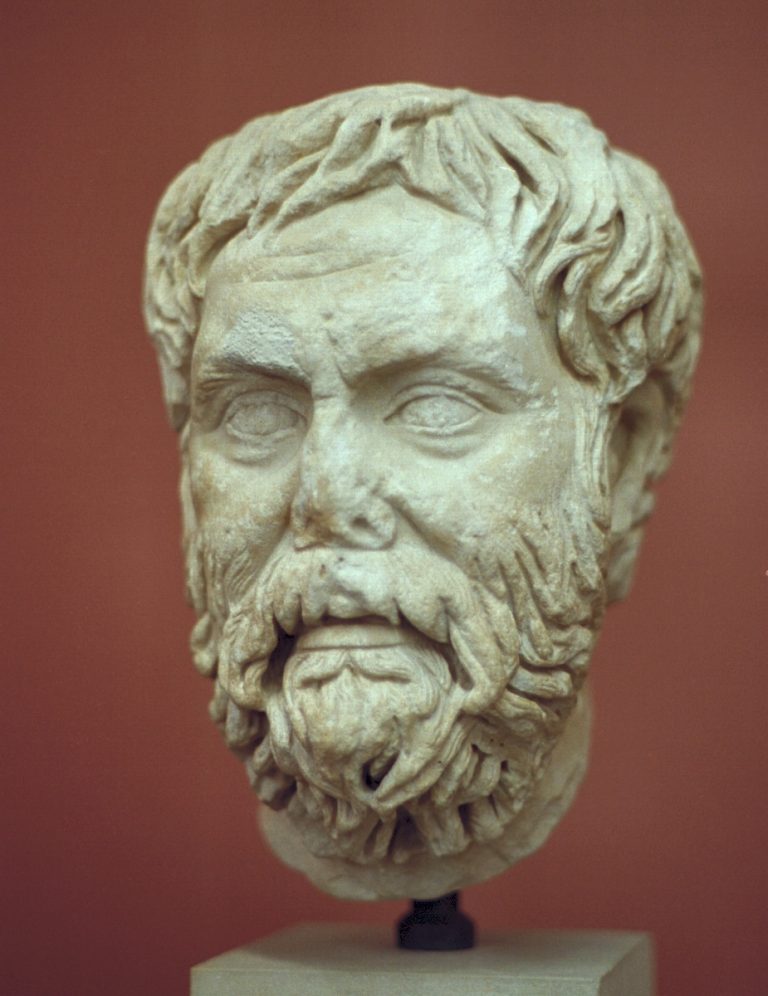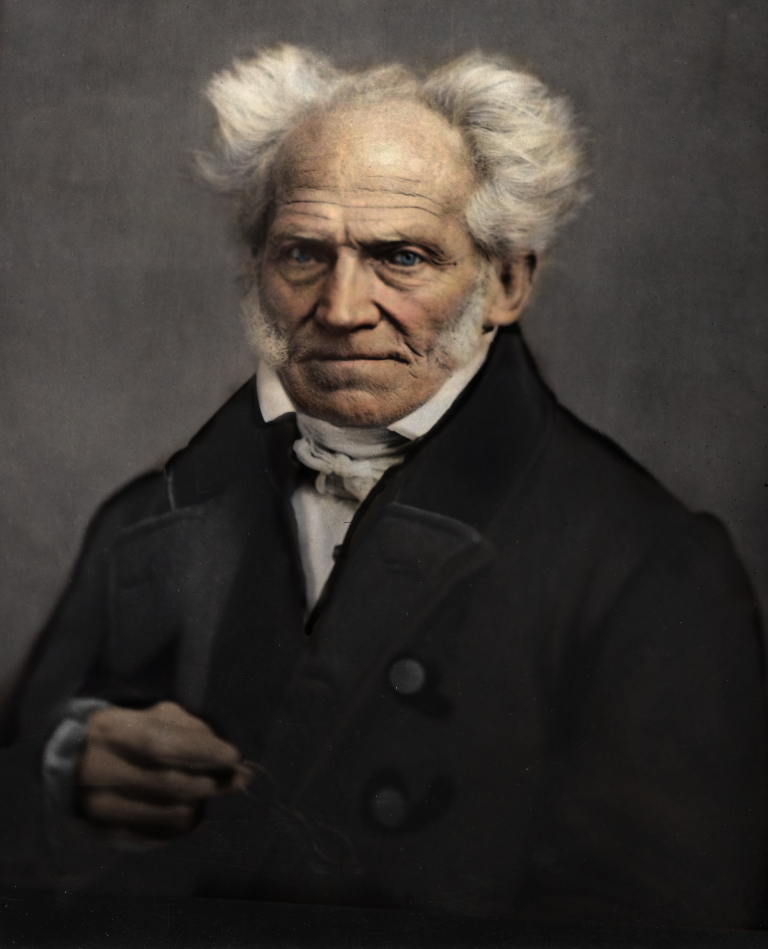
We know that we’re alive. We also know that the world exists. It’s not a fiction, it’s unlikely to be a product of our own imagination, we can also be sure that other people also exist as beings independent from us and together we share a reality that is beyond our conception, that is both terrifying and beautiful.
We don’t know why it all started, but we suspect that one day it will end. Some people say that there are Gods who did it all, others say the opposite. Yet in the midst of this we are condemned to live, we are compelled to make the best of it and do as well as we can for ourselves and our families, thus making the most of our limited time on Earth leaving us all to question what exactly is a good life?
This is the job of philosophy! The study of ‘the good life,’ is the ultimate essence of philosophy.
If you’ve ever wondered what it is, that makes for the best life, and how that can be applied to you, then congratulations, you are a philosopher.
This naturally leads us into questioning the nature of happiness, ethics, virtue and responsibility along the way. Philosophy has a long history of exploring questions related to ethics and the nature of a good life, for example, Ethics is a branch of philosophy, that focuses on understanding what is morally right or wrong and how individuals ought to behave. Ethical theories such as consequentialism, deontology, and virtue ethics provide frameworks for evaluating actions and determining what leads to a good or morally valuable life.
Philosophy encourages individuals to critically examine their values, beliefs, and desires in order to develop a coherent understanding of what constitutes a good life. It prompts us to reflect on questions such as the nature of happiness, the role of personal fulfilment, the importance of ethical behaviour, and the pursuit of knowledge and truth.
However, it’s important to note that philosophy does not offer a single definitive answer to what constitutes a good life. Instead, it provides a platform for contemplation, debate, and exploration of different perspectives. The understanding of a good life can vary among individuals, cultures, and philosophical traditions. Philosophical inquiry can assist individuals in clarifying their own values and priorities, allowing them to make more informed choices about how to live a meaningful and fulfilling life.
The term “philosophy” originates from the Greek words “Philo” meaning “love” and “Sophia” meaning “wisdom.” Thus, philosophy can be understood as the “love of wisdom” or the pursuit of wisdom and knowledge about fundamental questions of existence, truth, morality, and the nature of reality.
The most famous philosopher of all is an ancient Greek known as Socrates, considered to be the founder of Western Philosophy he lived in Athens during the 5th century BC and is known for his unique method of philosophical inquiry, called the Socratic method, as well as his profound influence on subsequent philosophical thought.
Socrates did not leave behind any written works, and much of what we know about him comes from the writings of his student, Plato. In Plato’s dialogues, Socrates is portrayed as engaging in discussions with fellow Athenians, challenging their beliefs and assumptions in a relentless pursuit of truth and wisdom.
The Socratic Method
The Socratic method is a form of inquiry that involves a series of questions and answers designed to stimulate critical thinking and expose the inconsistencies or contradictions in someone’s beliefs. Socrates used this method to provoke his interlocutors into examining their own knowledge and opinions, with the goal of reaching a deeper understanding of the subject matter.
Socrates was known for his emphasis on self-examination and the pursuit of knowledge as the highest virtue. He believed that genuine wisdom comes from recognizing one’s own ignorance and that the unexamined life is not worth living. Socrates aimed to lead others to question their assumptions, engage in critical reflection, and develop a more coherent and well-founded understanding of themselves and the world.
Socrates’ approach often brought him into conflict with the established authorities and traditions of Athens. He was accused of impiety which is disbelief in the existence of the gods and corrupting the youth of Athens, he was then sentenced to death, which paradoxically became the greatest moment of his life. His legacy as a philosopher and his commitment to the pursuit of truth and intellectual inquiry have had a lasting impact on Western philosophy.
Socrates’ teachings and methods continue to inspire philosophical thought and are regarded as foundational to the development of ethical reasoning, epistemology, and critical thinking. His emphasis on self-examination and the importance of questioning one’s beliefs and values remains influential in contemporary philosophical discourse.
Philosophy involves a deep curiosity and desire to understand the world and our place in it. It encourages individuals to engage in critical thinking, questioning, and rational inquiry to explore these fundamental questions. Rather than simply seeking knowledge for practical purposes, philosophy seeks wisdom—the ability to think critically, reflect on profound concepts, and gain a deeper understanding of ourselves and the world.
This Love of Wisdom suggests an enthusiastic and passionate engagement with philosophical inquiry. It implies a commitment to lifelong learning, intellectual exploration, and a genuine curiosity about the nature of truth, ethics, beauty, and the human condition. The pursuit of wisdom in philosophy is not merely about accumulating facts, but also about developing a broader and deeper understanding of the world, our values, and the complexities of human existence.
In this sense, philosophy is not just an academic discipline, but a way of engaging with the world, asking meaningful questions, and seeking a deeper understanding of ourselves and the universe. It encourages individuals to critically examine their beliefs, challenge assumptions, and engage in open and reflective inquiry. The love of wisdom drives philosophical inquiry and invites individuals to explore the profound and fundamental aspects of human existence.
Lastly philosophy is fundamentally different to religion, whilst there’s some overlap it’s best to consider philosophy to be the answer to the question of ‘how do we live a good life?’ Religion, on the other hand, is the answer to ‘how do we prepare for the afterlife?’
Philosophy is the pursuit of knowledge and the birthplace of all of the sciences, every single good thing that you take for granted in your life such as a reliable food supply, the ability to open a tap to get water or the opportunity to read a book, search the web or watch television whilst sitting on a comfortable chair is the result of philosophy. Philosophy is fundamental to human flourishing and is the intellectual essence of civilisation because all other things such as politics, economics, science, technology trade and commerce depend upon it for their functioning. Philosophy is life.

